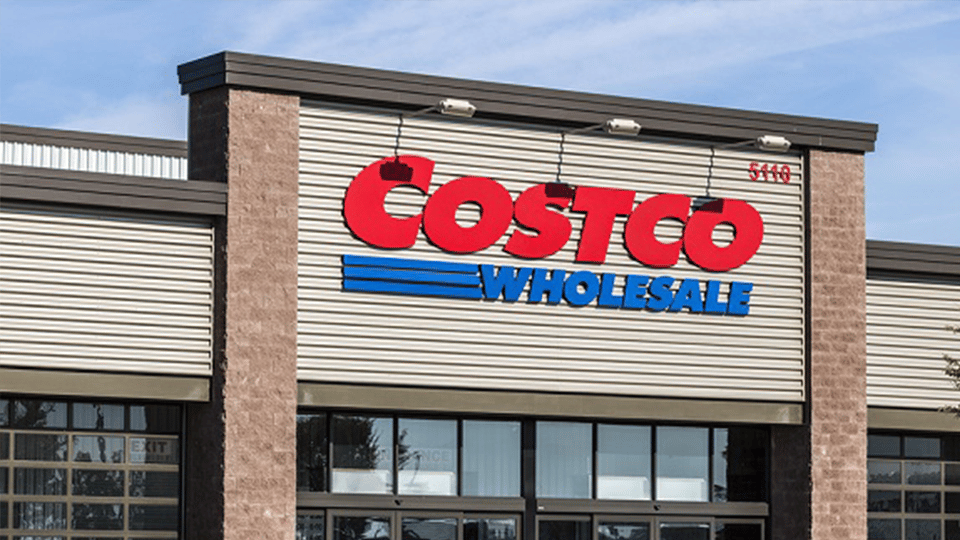With the buzz around Costco’s hearing aid market share these past few years, it’s easy for hearing care professionals to worry about their value proposition. But, the new MarkeTrak 10 points to the continuing importance of the hearing care provider (HCP). The largest motivator for a hearing aid purchase was a hearing test that clearly demonstrated a need; however, trust in the HCP was the second most commonly selected reason.
This isn’t to say that cost is not important. While “right/reasonable price” was selected as a reason for purchase by 23% of respondents (and as the most important reason by only 6%), coverage or help paying was cited as the most important reason for purchase by twice as many Hearing Aid Owners than trust in the HCP.
Hearing Aid Owners had a trial period that was an average of 10 days longer than Non-Owners who experienced a trial. Along the same lines, patients satisfied with their HCP experience overall had an extra two weeks in their trial period before having to make a purchase commitment vs. Patients who were neutral or dissatisfied with their HCP experience).
There was also large gap between Hearing Aid Owners and Non-Owners on whether the HCP offered or informed them of a trial period, with Owners much more likely to have been told about a trial. Owners were also much more likely to feel that their personal needs and abilities were considered in a hearing aid recommendation, that they had been given realistic expectations about what hearing aids can do, and provided with various listening situations in and around the office.
Yet, when asked about the most important action an HCP can take to impact patient satisfaction, respondents said setting realistic expectations, and consideration of patients’ needs and abilities when recommending hearing aids were the two most important factors. Easy access to follow up appointments was ranked fourth where impact on patient satisfaction with an HCP was concerned —and again, Hearing Aid Owners were much more likely to report that their HCP offered walk-in hours.
So, what does all of this mean for HCPs?
- Focus on patient centered care. Create a welcoming, supportive environment. Clearly explain the hearing test results. Take time to listen to the patient’s needs so that they recognize that any hearing aid recommendation has been personalized based on their needs. Non-Owners were more likely to report that the HCP’s office felt “clinical, like a doctor’s office”.
- Discuss the trial period (and consider lengthening it). While only 6 percent of Hearing Aid Owners listed the “free trial” as a reason for their purchase, the knowledge of a trial offer and length of the trial period were positively correlated with hearing aid ownership. It is possible that the trial period helps reinforce the patient’s perception that the provider is committed to considering their needs, and is more focused on finding a solution than making the sale.
- Establish patient trust. Both of the above recommendations can facilitate a patient’s trust in their HCP, which was the second largest motivator for a hearing aid purchase. Additional steps that HCPs can take include introducing themselves including a brief overview of their credentials and experience treating hearing loss with new patient consults.




